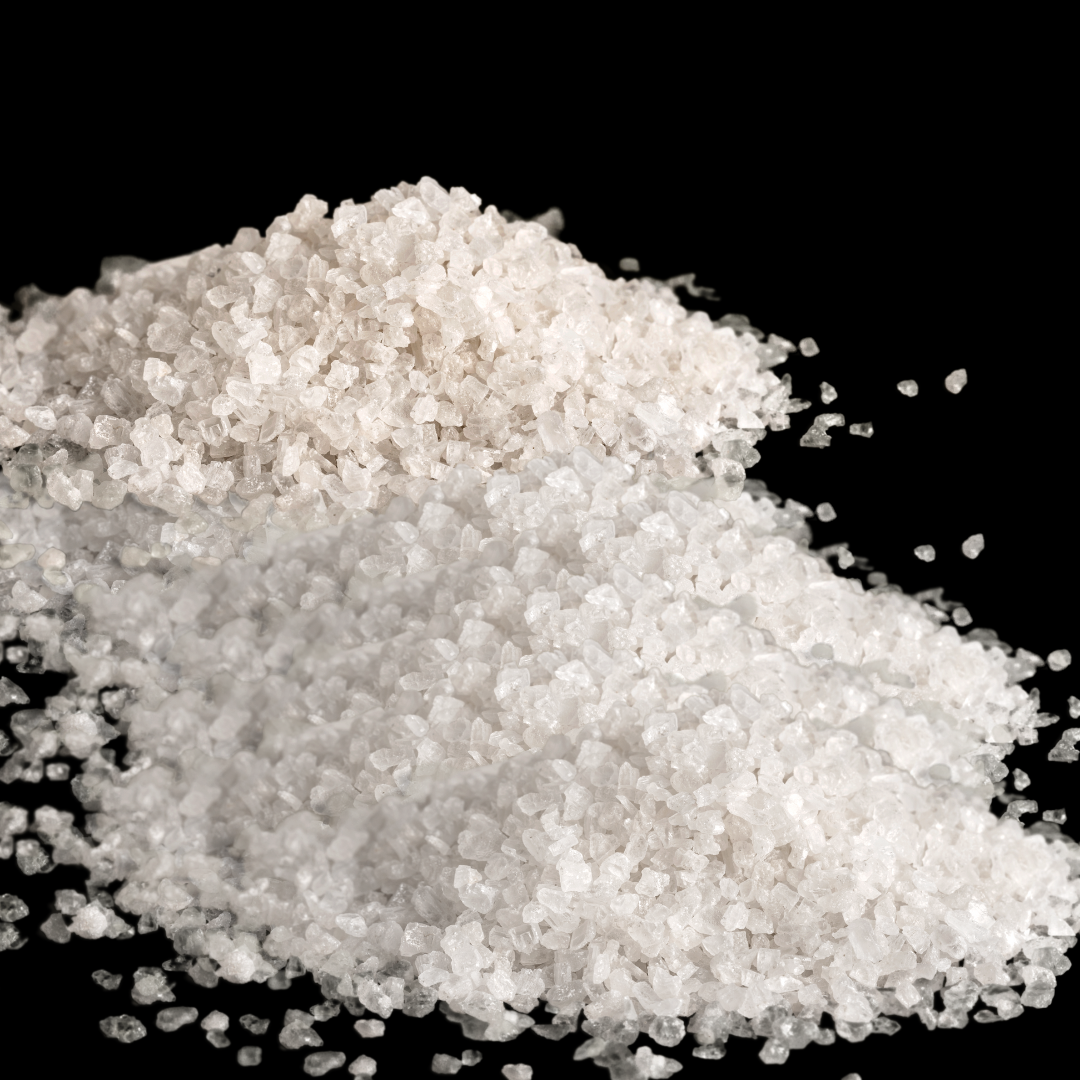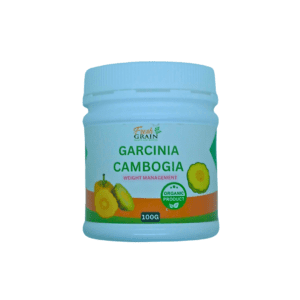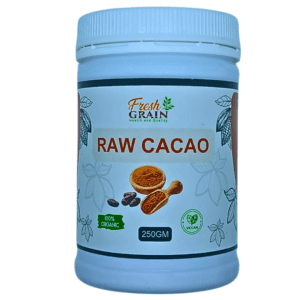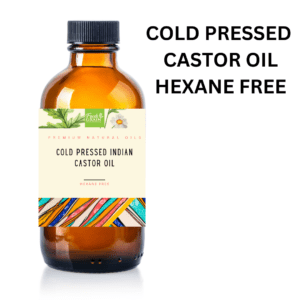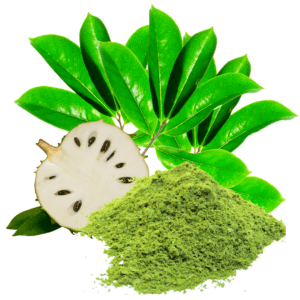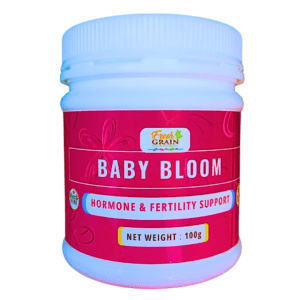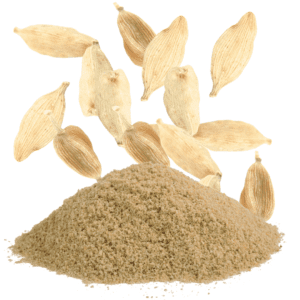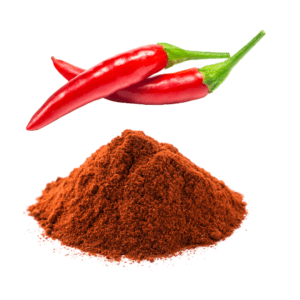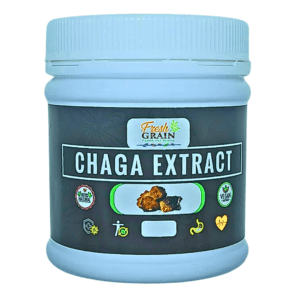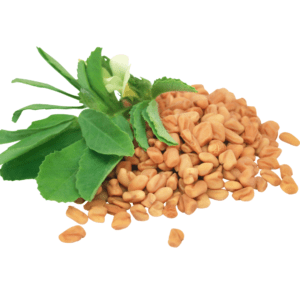Epsom Salt:
Description: Epsom salt, chemically known as magnesium sulfate, is a crystalline substance composed of magnesium, sulfur, and oxygen. Despite its name, Epsom salt is not a salt in the traditional sense but rather a mineral compound. It is named after the town of Epsom in Surrey, England, where it was first discovered in mineral springs.
Nutritional Breakdown: Epsom salt provides the following essential minerals:
- Magnesium:
- Epsom salt is a rich source of magnesium, a mineral that plays a crucial role in various bodily functions, including muscle and nerve function, energy production, and the regulation of blood pressure.
- Sulfur:
- The sulfur content in Epsom salt contributes to its potential health benefits. Sulfur is an essential element for the synthesis of amino acids and proteins in the body.
Potential Benefits:
- Muscle Relaxation:
- Soaking in an Epsom salt bath may help relax muscles and alleviate muscle soreness. The magnesium in Epsom salt is absorbed through the skin and may contribute to muscle relaxation.
- Stress Reduction:
- Magnesium is known to have calming effects, and using Epsom salt in a bath may help reduce stress and promote relaxation.
- Improved Sleep:
- The relaxation effects of magnesium may contribute to improved sleep quality. Taking an Epsom salt bath before bedtime is a common practice for this purpose.
- Reduced Inflammation:
- The anti-inflammatory properties of magnesium and sulfur may help reduce inflammation, making Epsom salt baths a popular choice for individuals with inflammatory conditions.
- Improved Skin Health:
- Soaking in an Epsom salt bath may help exfoliate and soften the skin. It is sometimes used as part of skincare routines to promote healthy skin.
How to Use Epsom Salt:
- Baths:
- Add Epsom salt to a warm bath and soak for at least 15-20 minutes. The recommended concentration is typically around 1-2 cups of Epsom salt per standard-sized bathtub.
- Foot Soaks:
- Create a foot soak by dissolving a small amount of Epsom salt in warm water and soaking your feet. This can help soothe tired feet and improve circulation.
- Topical Applications:
- Some individuals use Epsom salt as a scrub or exfoliant for the skin. It can be mixed with a small amount of water or oil and massaged onto the skin.
- Gardening:
- Epsom salt is sometimes used as a fertilizer for plants, particularly those that benefit from magnesium and sulfur, such as tomatoes and roses. Dilute Epsom salt in water and apply it to the soil.
Caution:
- Consultation with Healthcare Professional:
- Individuals with certain health conditions, such as kidney issues or cardiovascular problems, should consult with a healthcare professional before using Epsom salt.
- Dosage Consideration:
- It’s essential to follow recommended dosage guidelines and not exceed the suggested concentrations to avoid potential side effects.
Epsom salt is generally considered safe for external use in baths or foot soaks. However, it’s crucial to use it responsibly and be aware of individual sensitivities. If you have specific health concerns, it’s advisable to consult with a healthcare professional before incorporating Epsom salt into your routine.

